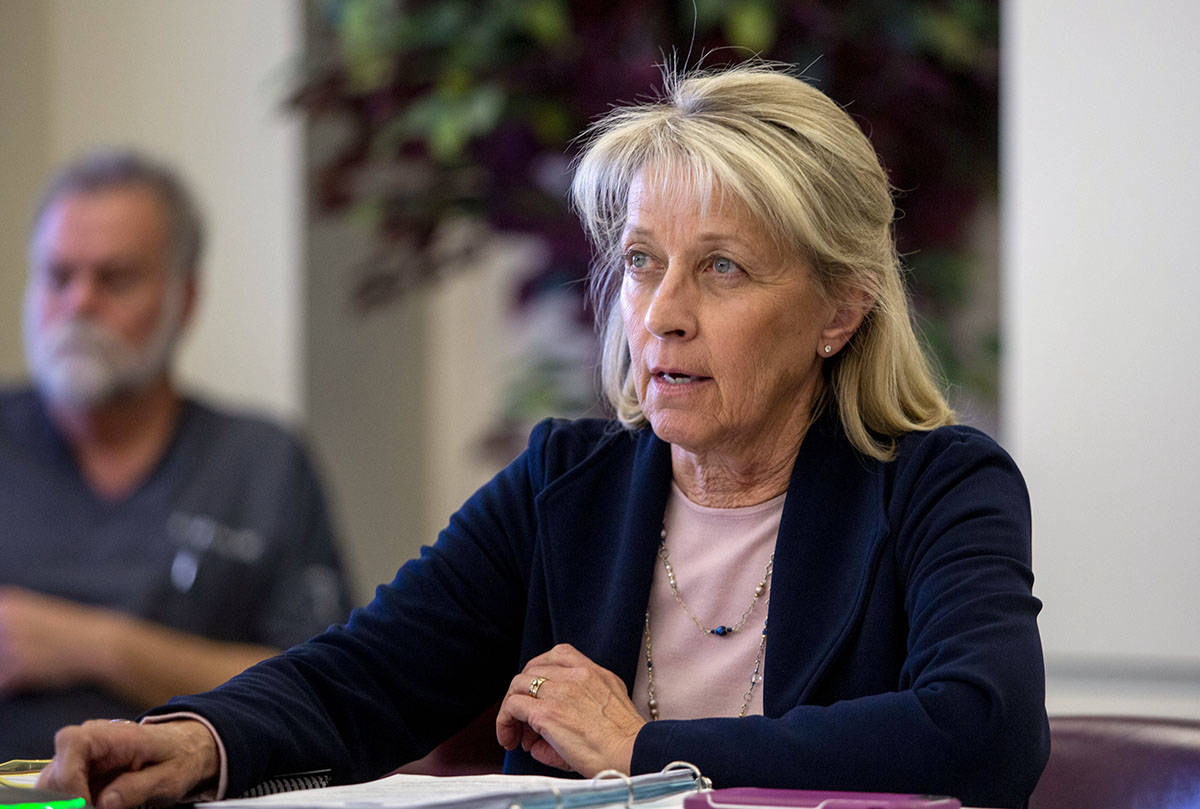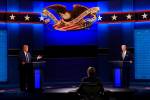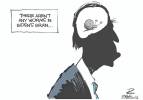STEVE SEBELIUS: Mail primary election the right call
Nevada Secretary of State Barbara Cegavske had a tough decision to make.
Many businesses in Nevada are shut down. Schools are closed. Gov. Steve Sisolak has banned gatherings of 10 people or more. All to stop the spread of the COVID-19 virus.
But Cegavske is responsible for overseeing an event that is essential and requires people to gather in groups: the June 9 primary election.
She could have done what some other states did and postpone voting. In the past, Nevada’s primaries have been held on various dates, including as late as September. That would have bought time to see how much success authorities have in getting the pandemic under control, although it would have thrown primary campaigns into even more chaos than the outbreak already did.
Cegavske could have hoped for the best and proceeded with the election as usual, which would have meant starting to train election workers now. That would have meant higher exposure risks for workers (many of whom are older), to say nothing of voters who would have gathered at polling places.
Or she could have balanced her duties as the state’s chief elections officer with common sense and compassion for poll workers and voters and found a safe way to conduct the primary on time.
That’s exactly what she did.
After consulting all 17 county elections officers across Nevada — including Joe Gloria, Clark County’s registrar of voters — Cegavske and those local officials decided to hold the primary election by mail. Local officials formally sent Cegavske letters requesting that every single precinct in Nevada be designated a “mail precinct,” where voters are automatically sent ballots by U.S. mail.
It was a bold move that immediately drew criticism. But it was also the best way forward given the circumstances and limited time frame.
Mail voting in Nevada is especially easy. Despite the convenience, most voters in Nevada’s primaries have preferred to cast their ballots in person. During the past 20 years, an average of just 9.4 percent of votes cast have been mailed in.
Then again, primaries in that time haven’t been all that popular either: According to statistics posted on the secretary of state’s website, overall turnout has never been greater than about 30 percent of all active registered voters. (Recall that a big segment of the electorate — nonpartisan voters — are not allowed to vote in partisan primaries, which accounts for some of the low turnout.)
This year, with mail voting being virtually the only way to cast a vote, that turnout figure is sure to increase even if there are only a few primary races to get partisans excited.
Inevitably, some on Twitter worried about voter fraud or an anti-Republican conspiracy. (It’s worth remembering Cegavske is the only statewide elected official who is a Republican, although she has scrupulously done her job without regard to partisanship since she was first elected in 2014.)
There are safeguards: Each ballot envelope is marked with a unique bar code. Voters must sign their envelope, and those signatures will be compared with signatures on file, the same way they would be during in-person voting. Mismatched signatures are set aside for verification.
Gov. Steve Sisolak said he respected the secretary’s of state’s decision. So should we all. It was a difficult call made in a difficult time, but it was necessary. The only way to continue with the election on time and keep poll workers and voters safe was to switch to a mail-in election.
It’s not a perfect solution. But if things were perfect, we’d be complaining about parking fees at busy casinos and traffic on the freeways as we struggled to get to work. These are new and uncertain times. Cegavske and Nevada’s elections officials adapted to them, as we all must.
Contact Steve Sebelius at SSebelius@reviewjournal.com or 702-383-0253. Follow @SteveSebelius on Twitter.





























